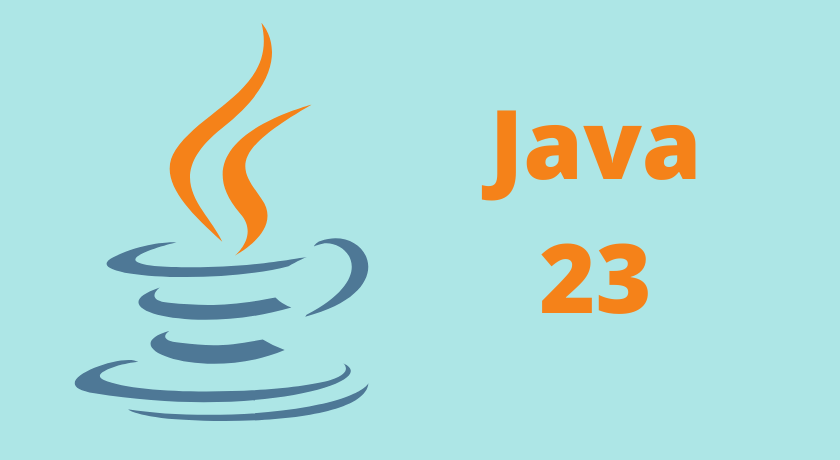Home »
Learning »
Java »
Java 8 (2014) to Java 23(2025) – The Most Impactful Update
Java 8 (2014) to Java 23(2025) – The Most Impactful Update

Java 8 (2014) – The Most Impactful Update
- Lambda Expressions – Enables functional-style programming.
- Functional Interfaces – Introduced
@FunctionalInterface.
- Streams API – Allows processing collections in a functional way.
- Default & Static Methods in Interfaces – Interfaces can have method implementations.
- New Date and Time API –
java.time package replaces java.util.Date.
- Optional Class – Helps avoid
NullPointerException.
- Collectors & Method References – More powerful ways to handle data.
Java 9 (2017) – Modularity and Improvements
- Project Jigsaw (Java Modules) – Introduces the
module-info.java.
- JShell (REPL) – Interactive command-line tool for Java.
- Stream API Enhancements – New methods like
takeWhile, dropWhile, etc.
- Factory Methods for Collections –
List.of(), Set.of(), Map.of().
- Private Methods in Interfaces – Improves code reuse in interfaces.
Java 10 (2018) – Minor Enhancements
var Keyword – Local variable type inference.- Garbage Collection Improvements – G1 and parallel GC optimizations.
Java 11 (2018) – Long-Term Support (LTS) Version
- String Methods Enhancements –
isBlank(), lines(), repeat(), etc.
- Files API Enhancements –
readString(), writeString().
- HTTP Client (Standard) – New
java.net.http package.
- Removal of Java EE & CORBA Modules – Slimmer JDK.
- Launch Single-File Java Programs – Run
.java files directly without compilation.
- Switch Expressions (Preview) – More concise switch statements.
- Text Blocks (Java 13, Preview) – Multi-line string literals.
- Records (Java 14, Preview) – Immutable data classes.
- Pattern Matching for
instanceof (Java 14, Preview).
- Sealed Classes – Restrict which classes can extend them.
- ZGC & Shenandoah GC – Improved garbage collection.
- Foreign Function & Memory API (Incubating) – Interact with native code efficiently.
Java 17 (2021) – LTS Version
- Pattern Matching for
switch (Preview) – More powerful switch expressions.
- Sealed Classes (Finalized).
- New macOS Rendering Pipeline – Uses Metal instead of OpenGL.
- Deprecation of Security Manager – Moving toward a more modular security model.
Java 18–19 (2022) – Incubator Features & Improvements
- Simple Web Server – Built-in lightweight HTTP server.
- Vector API (Incubator) – Performance improvements for numerical computing.
- Virtual Threads (Java 19, Preview) – Lightweight threads for better concurrency.
Java 20–21 (2023) – Modern Concurrency & LTS
- Virtual Threads (Finalized in Java 21) – Better thread management with
Thread.ofVirtual().
- Structured Concurrency (Preview) – Easier concurrent programming.
- Pattern Matching for
switch (Finalized in Java 21).
- Sequenced Collections – Better order management in lists, sets, and maps.
Conclusion
- Java 8 & 11 are widely used LTS versions.
- Java 17 & 21 are the latest LTS versions with significant enhancements.
- Recent Java versions focus on performance, modern concurrency (Virtual Threads), and cleaner code syntax (Pattern Matching, Records, Sealed Classes, etc.).



